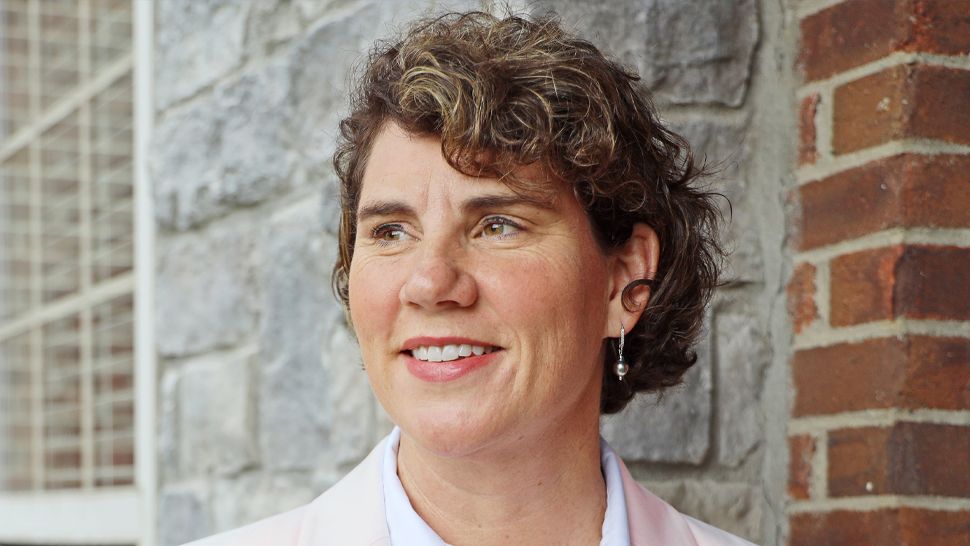LOUISVILLE, Ky. — Amy McGrath’s attempt to unseat Mitch McConnell ended in resounding defeat last Tuesday when nearly 58% of Kentucky voters agreed to send the Senate Majority Leader back to Washington, D.C., for a seventh-term.
But McConnell’s ability to retain control of the United State Senate now depends on two runoff elections in Georgia, providing McGrath one more chance to make life hard for McConnell. One way she might do that is by using leftover campaign cash — she raised more than $90 million, the second most all-time — to prop up Democrats in the Peach State, campaign finance experts said.
“She has a number of options available to her,” said Sheila Krumholz, the Executive Director of the Center for Responsive Politics, which tracks campaign spending. “The most typical is to transfer the money to the party. Then they can spend it on behalf of the candidates.”
In theory, McGrath could give every penny left in her campaign account to the Democratic National Committee or the Democratic Senatorial Campaign Committee. Those groups could then take it to Georgia to pay canvassers, buy ad time, or support Democratic efforts in any other way they see fit.
How much campaign cash McGrath has left over, or if she has any at all, is not public yet, and her campaign did not respond to requests for comment. Brendan Fischer, a campaign finance expert at the Campaign Legal Center said "it's not uncommon at all" for candidates to have money left at the end of a campaign. "Candidates who raised a lot of money in the final days of an election cycle might end up with leftover funds just because they didn't have time to spend it," he said.
As of the most recent Federal Election Commission deadline on October 14, McGrath had raised $90 million and spent just over $75 million, leaving her with $14.7 million in the bank. While the campaign surely spent much of that in the waning weeks of the race, it also undoubtedly raised more.
We won’t know the full tally of remaining cash until December, when McGrath’s next campaign finance report is due. But we do know that the campaigns of Democrats Jon Ossoff and Rev. Raphael Warnock would welcome any help McGrath can provide. Both men are attempting to depose sitting Republican Senators in a state that, at the moment, Joe Biden is winning by only two-tenths of a percent. Both are still underdogs in Georgia, which hasn’t voted to send a Democrat to the U.S. Senate since 2000.
This is about more than Georgia though. Two wins in Georgia would give Democrats control of the Senate, allowing President-elect Joe Biden to accomplish his agenda.
McGrath knows that. On Saturday, she tweeted that she is donating to Ossoff and Warnock and urged others to do the same. If her donations are coming from her personal or campaign account, the amount she can give is limited, said Fischer.
“McGrath could use leftover campaign funds to give up to $2,000 each to the Senate candidates running in Georgia, but that’s not going to help much,” he said.
McGrath has other options for leftover campaign funds. If she has her sights on another federal office, she can hang on to the cash. “We often refer to it as a zombie committee,” Krumholz said. “They just leave it in the bank and sit on the surplus funds they can tap for their next run for office. Perhaps McGrath will run for the House in 2022?”
She can also convert the money into a Political Action Committee. “It’s a way to continue to curry favor with office holders and continue to remain a political player,” Fischer said.
He added that there are strict rules about what McGrath cannot do with this money. “She certainly cannot pocket the money,” he said. “She cannot use the funds for personal use. She can’t use the money to pay her mortgage, for example.”
And then there’s one other option. “Refunding the money to donors,” Krumholz said. “But that’s rare.”



